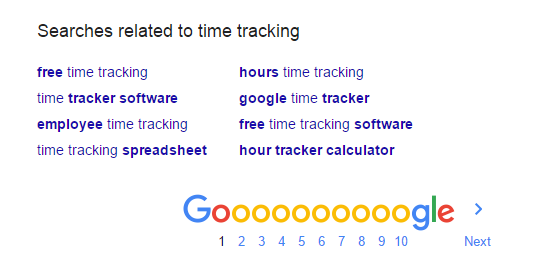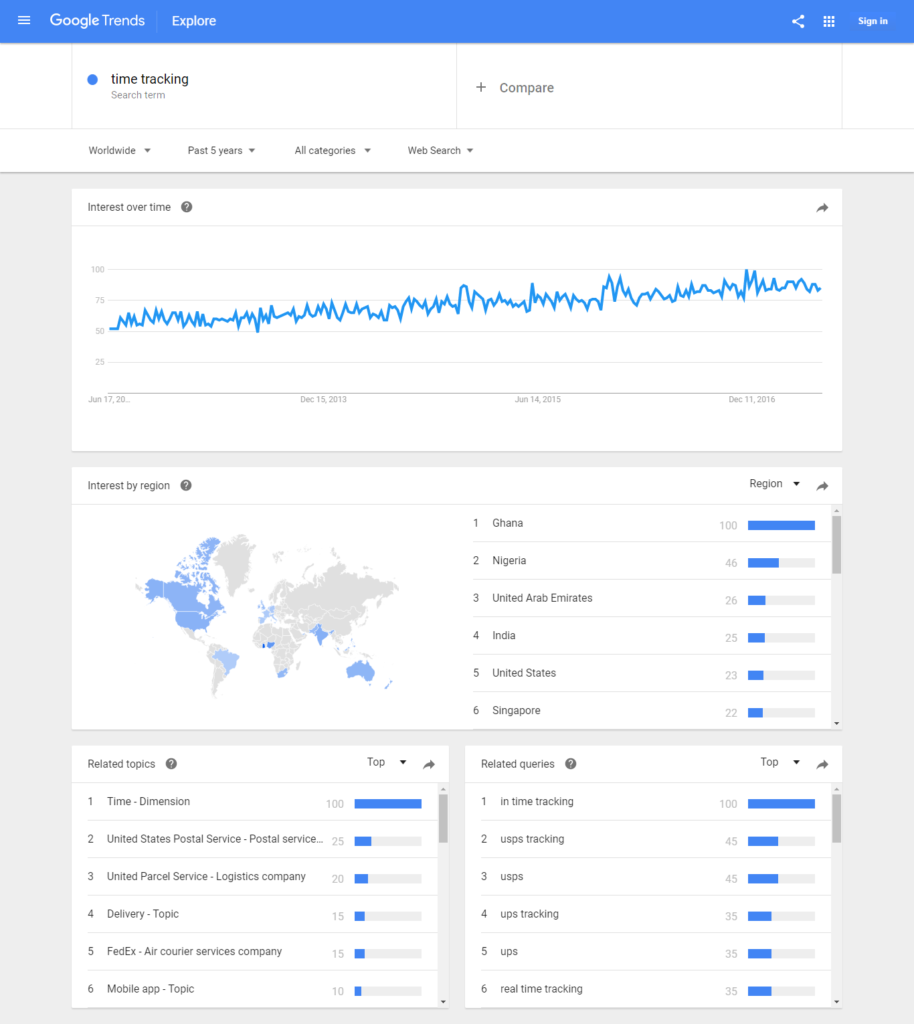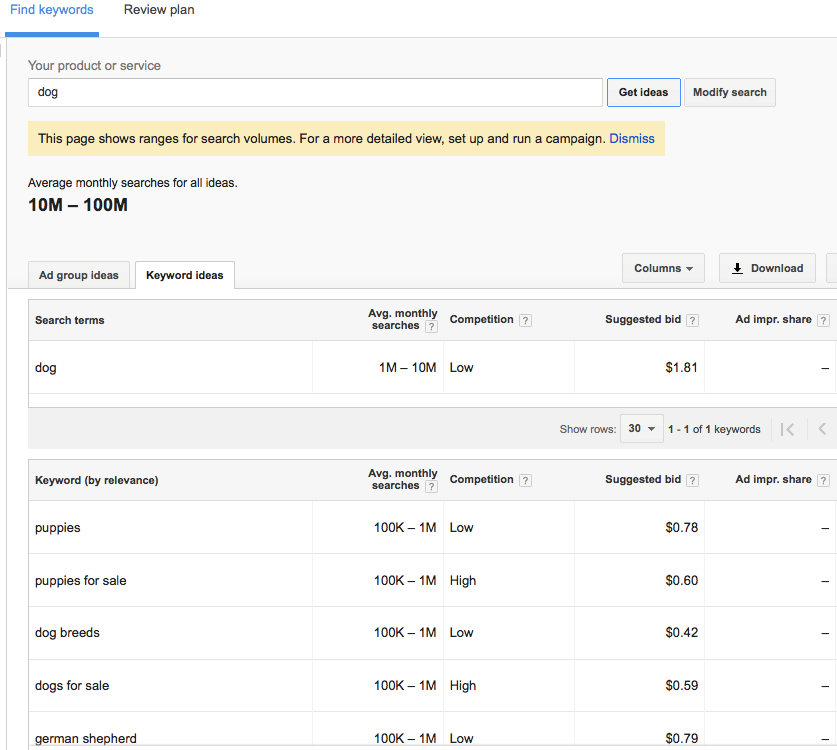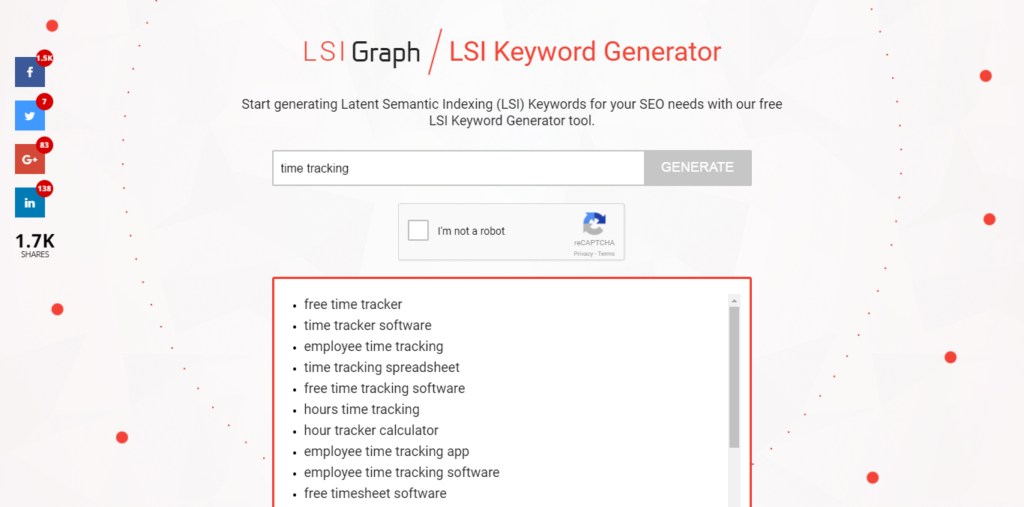A troubling thought, isn’t it?
Your SEO team is slaving away at your website, but you can’t help wondering if your keyword strategy is paying off.
Search engines like Google are constantly changing their algorithms and your keyword strategy needs to keep adapting to these changes. An outdated keyword strategy will spell trouble for your page rankings, your traffic and consequently – your lead generation.
Google’s New System
Recently, Google came out with mobile first – a website indexing system that treats mobile versions of webpages as the primary page to index.
This has the potential to hamper a company’s growth, if companies do not make the necessary changes to create mobile responsive sites and mobile oriented content.
Now Google has made another change to its algorithm – the way it indexes and retrieves content. If you are still using only one keyword phrase per page, your rankings may be in trouble.
Latent Semantic Indexing
Google is becoming increasingly smarter at being able to recognize what you are searching for. That’s because the search engine isn’t just looking at keywords any more. It’s beginning to get better at recognizing concepts rather than isolated words.
That’s Google’s Latent Semantic Indexing at work.
This algorithm is what allows Google to recognize the context of what you are searching for – and display results according to that context, rather than based on only keywords.
This algorithm change impacts your page rankings in a huge way.
Enter LSI Keywords
Your main keywords are no longer the only words that Google tracks when it assigns page rankings. It now applies semantic search and looks for words that are related to your main keyword phrase in two ways:
- These could be synonyms of the main keyword or phrase
- These could be concepts that are highly relevant to the main keyword or phrase.
For example, if the main SEO keyword for a blog post is “time tracking,” then your LSI keywords could include “free time tracker,” “time tracker software” or “employee time tracking”.
These Latent Semantic Indexing keywords provide additional context and meaning for a webpage. These keywords makes it easier for Google to recognize the context of what you are trying to say.
To rank higher for specific keywords, you’ll now need to use LSI keywords to support the main keywords in your content.
So, what happens if you try the older way – optimize your article or page for just one keyword and leave out LSI keywords?
This makes it difficult for Google to identify your page’s context – and as a result your ranking will fall. Especially if your competitors are using LSI keywords in their pages.
Incorporating LSI keywords also helps you to rank for a broader set of searches with fewer articles thereby generating exponential traffic to your company’s website.
Better Conversions with Latent Semantic Indexing
Using Latent Semantic Indexing keyword strategy is not just for the benefit of your search rankings.
Instead of stuffing your content with one main keyword, using similar LSI keywords throughout your post creates a far better reading experience.
Consequently, your conversions increase, as your visitors are able to relate far better with your content and are more likely to take the next step – such as a demo, a meeting, a trial, etc.
Still confused?
Don’t worry! Using Latent Semantic Indexing keywords is not as complex as it sounds. Let me explain what your team needs to do to start using these keywords.
In the end, if you want to know more, there are strong financial benefits to hiring a certified marketing consultant who will go ahead and execute this approach to drive traffic to your site.
Because if your keyword strategy is wrong or impaired, it would certainly impact your earnings.
How to Find LSI Keywords
Ask your team to use any of these tools below to find LSI keywords specific to your business:
- Google search
This is one of the easiest ways to find your related keywords. Perform any Google search to see the keywords or phrases Google associates with a specific term. For example, when I search for the phrase ‘time tracking’, Google displays related keywords at the bottom of the page.

You can use these phrases or keywords as a starting point for identifying your own set of LSI keywords.
- Google Trends
This is another free tool provided by Google. It allows you to type in a keyword and see how it’s trending over a certain period of time.
This tool can be useful to see whether the LSI keywords (as well as your main keywords) are popular amongst your target audience or whether they are trending up or down.
- Google Keyword Planner
This is another effective tool. You need to create a Google AdWords account in order to use the Keyword Planner. Once you get into the planner, click on the first choice, “Search for new keywords using a phrase, website, or category.”
You can then type in your information and keywords and hit “Get ideas.”
I searched for the keyword “dog” to keep things simple. Here are the results:
It also shows how many searches are done during an average month for a specific word, and how competitive the word or phrase is.
- LSI Keyword Generator
This is another easy-to-use tool. The interface of LSI Keyword Generator is very simple. Just enter your keyword into the search bar and it will generate a list of LSI keywords.
Here are the results for the keyword “time tracking”:
Pair it Right
Once you have a list of potential LSI keywords, you need to select the ones which are a best fit for your content.
Use the following factors to determine the most useful keywords/phrases:
- Consider if keyword is relevant to the topic.
Choose words that are closely tied to your topic and not just your primary keyword.
- Consider the intent of the searcher.
Put yourself into the shoes of the searcher and choose words that relate to why he/she is searching.
Is their intention to only seek information about a topic? Or is he planning to make a purchase?
Focus your efforts on keywords that are related to an intent to buy. Otherwise you might get great traffic, but few sign ups.
- Finally, don’t get distracted by high-volume, unrelated keywords.
Choose keywords that are applicable to your content. So, if your website is about “dog adoption,” don’t choose a LSI keyword relating to “how to treat dog flu” even if it has higher search volume.
Select a keyword that’s more relevant to your website, such as “dogs for sale.”
A Good Framework
None of the strategies mentioned above will be effective unless you have defined a few things clearly first. Before you start your LSI keyword brainstorming sessions get clarity on these three areas:
- Define your target audience. Before you can determine what keywords or phrases you need to pick, you need to have an excellent idea of your prospects’ needs. The easiest way to recognize those needs is to create detailed personas of your target audience.
- Understand what your audience is interested in when it comes to your specific products and services. What are they looking to achieve by buying your product or service? What primary and secondary challenges are they trying to solve?
- Define what makes your business proposition unique and special to the audience. What are you offering that your competitors are not?
Create a document with the above three points. Your team needs to refer to it while crafting the content strategy. Your writers should also refer to it every day before they begin each article and do their LSI research.
If you are unclear about any one of these areas, you are not completely ready to start your LSI keyword strategy. You should ideally consult a certified marketing executive who can help you identify your target audience and his/her needs.
Why Delay?
Do you really want to wait while your competitors outrank you and take away your leads by implementing LSI?
LSI keywords have become imperative to any successful SEO keyword strategy.
What are you waiting for? Get a certified marketing professional to help your team implement LSI keywords today and get a huge boost to your website traffic.




